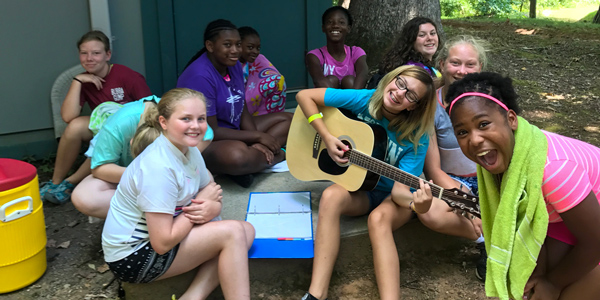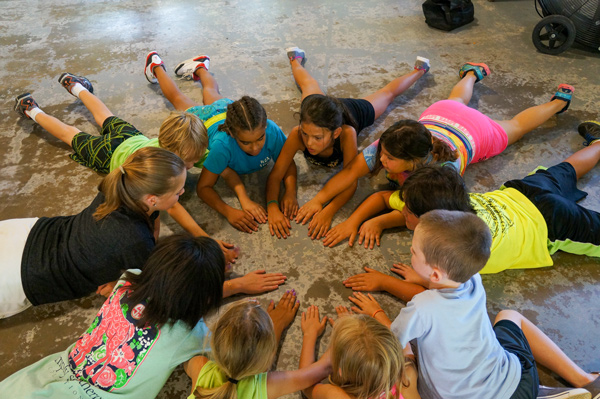Yikes! Sending your child or children to overnight camp for the very first time can be a scary proposition, especially for parents. If you’re like most parents, you probably have a lot of questions. Is my child too young to go to camp? There are so many choices, so which camp is the right one for my child? Is my child even ready to go to camp? Am I ready to send my child to camp? Is it safe?
So many questions! Considering the answers to all of those questions will give you a much better idea if you or your child are ready for overnight camp. Regardless, sending your child to overnight camp for the very first-time can be anxiety-inducing for the entire family. Here are a few helpful tips when deciding to send your child to summer camp for the first time.
- Consider the benefits of residential summer camp. There is no experience quite like the camp experience to help your child learn and grow in a number of ways. Your child will be in the hands of a community of caring and experienced youth professionals who are highly trained to help your child have the best experience possible. Camp is about having fun, but it’s also about giving your child the tools and experiences necessary to build their self-confidence, self-efficacy and important life skills like their ability to handle challenges in the face of adversity and build positive relationships with peers.
- Ask your child if they want to attend camp. By having honest, heart-to-heart conversations with your child about attending camp, you can get a feel for whether they truly want to attend overnight camp away from home and are ready to do so. Although you may want your child to attend camp because of the positive life-changing impacts it has, it is just as important to make sure your child is invested in their own experience. Campers who are intrinsically motivated to attend camp rather than those extrinsically motived by their parents or guardians often have a better experience. This conversation also gives you the opportunity to understand what concerns your child may have and help them build positive anticipation for camp.
- Start with day camp. Although there is a huge difference between the day and overnight camp experience, starting with day camp will introduce your child gradually. By starting with summer day camp, your child will have all of the fun of residential camp but with the comfort of coming home every night.
- Introduce overnight experiences before camp. A next step in building children’s confidence in spending the night away from home is to spend the night at someone else’s house, such as a grandparent, relative, or sleepover at a friend’s house. This is a great next step to see if your child, and you, are ready for an overnight camping experience.
- Send them with a friend. The prospect of an unknown place away from home without friends can be very scary for your child, so consider registering them with friends or neighbors whom they already know. This gives them at least one buddy to share the experience with; they’ll be in it together!
- Attend a camp open house. Attending a camp open house is a great way to become familiar with a camp’s facilities, programs, and staff before sending your child there for a week. Open Houses are free so that you and your child can meet staff, dip your toes into camp activities, and ask any questions you may have before attending camp. This is a great way to get a taste of the camp experience without any anxiety. Most years, Betsy-Jeff Penn’s Spring Open House occurs on the first Saturday of the month of May.

Sending your child off to overnight camp for the first time can be a challenging experience, but using some of these helpful tips will alleviate your fears and help prepare your young one to make the most of their experience. Often, it’s more difficult for you as the parent than it is for your child to attend overnight camp for the first time. However, overnight camp is a unique, life-changing experience with positive impacts that will last a lifetime and will leave your child wanting to go back almost as soon as they’ve left.


1 Comment
Comments are closed.